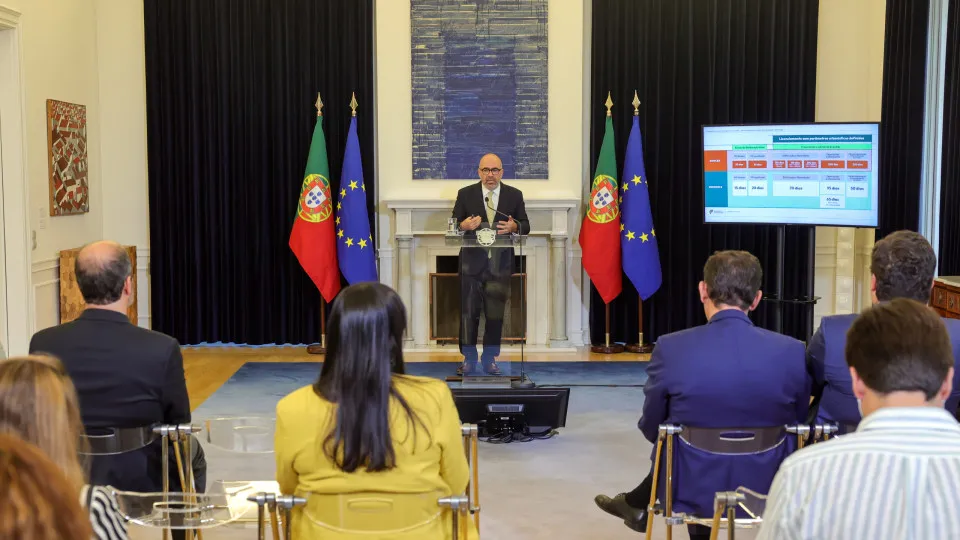Portugal is preparing to introduce a new e-invoice system. The Secretary of State for Fiscal Affairs, Cláudia Reis Duarte, stated on Wednesday that Portugal has begun adapting the e-invoice system to new European rules for real-time billing communication in international transactions, to be implemented by 2030.
What will change?
In Parliament, the official assured that work on adapting the Finance system to new European Union (EU) digital economy taxation rules has already commenced.
“The e-invoice will undergo significant reconfiguration, mainly through the initiative being discussed in the EU, VIDA – ‘VAT in the Digital Age’, which proposes, among other things, real-time billing, communicated in real-time,” stated the Secretary of State.
“This means our e-invoice system will need to adapt to this new reality. While it won’t happen tomorrow, it is set for 2030. Considering that 2030 isn’t far off, we are already developing adaptation preparations,” added Reis Duarte.

The Secretary of State for Fiscal Affairs said today that Portugal has started working on adapting the e-invoice to the new European rules for real-time billing communication in international transactions, set to be implemented by 2030.
Lusa | 21:44 – 24/09/2025
What do the European rules say?
European rules requiring real-time data submission to EU tax administrations by companies pertain only to operations involving multiple geographies.
In addressing the Budget, Finance, and Public Administration Committee, the Secretary of State did not specify exact details of what is being adapted.
Official information from the European Union (EU) Council indicates the new rules will establish a real-time digital communication system for VAT through electronic invoices for companies operating in the international market.

The European Union (EU) Council has given preliminary approval to new rules concerning value-added tax (VAT) in electronic transactions to combat tax fraud, which must be sanctioned by MEPs.
Lusa | 11:41 – 05/11/2024
“Companies will issue electronic invoices for cross-border operations, automatically communicating data to tax administrations, which will then share the data through a new computer system to detect any suspicious activity,” according to the Council of the EU’s website, which anticipates the rules will take effect in 2030, with “full interoperability between national systems expected by 2035”.
During the same hearing, the Secretary was questioned about the existence of approximately 3,000 invoicing programs.
In response to a question from centrist MP Paulo Núncio on whether this is an excessive number, Cláudia Reis Duarte clarified that not all represent market programs, as this total includes cases where international groups have their own programs, which must be licensed to operate.




